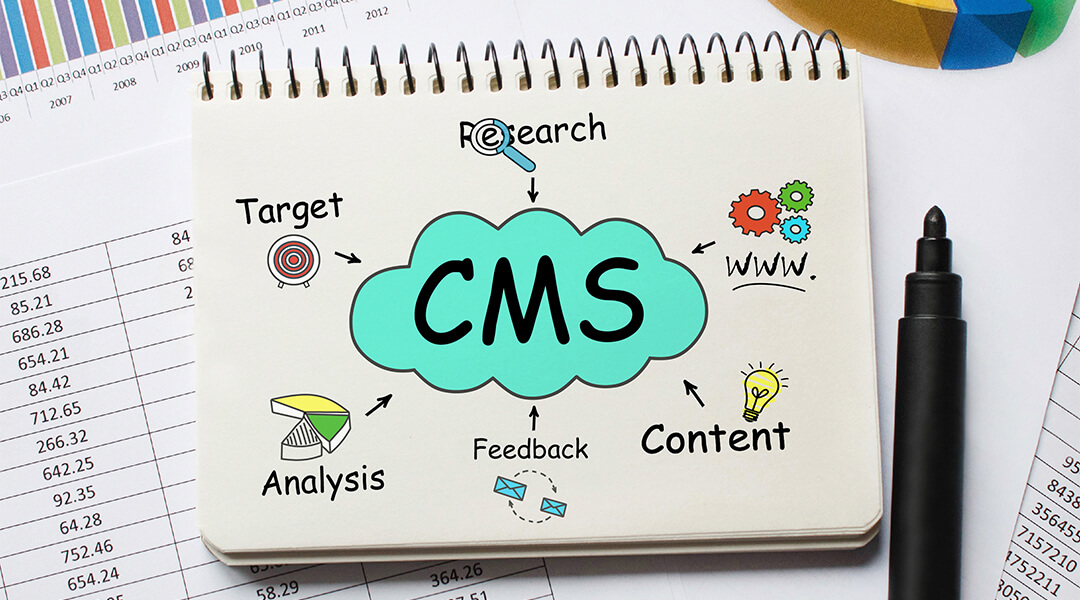
A functional and aesthetic website is undoubtedly crucial for any business on the internet. After all, it enables them to have a digital storefront that will help represent their brand. However, it is no longer enough to simply have a website and forget about it, thinking it will reel in visitors. The online landscape has changed, and due to extensive competition, brands have begun to implement many strategies related to their websites.
This includes having dedicated SEO specialists optimize the website and working alongside digital marketing experts like those available at GOYOU Branding. Another strategy that brands with successful websites implement is efficient website management. It allows them to improve the user experience, which is crucial for SEO, customer retention, and lead generation. But how exactly does it improve it? We will answer that precisely in the following article.
Let’s dive in.
Fixes Errors
When it comes to websites, the standards have increased remarkably. It is more vital than ever that people have an uninterrupted experience to ensure a pleasant experience. Otherwise, they will move on to the next website. Various errors can hinder their experience and become an obstacle to their goals. These errors include broken links, 404 warnings, and errors during checkout.
Consider a situation where a customer is about to buy a product but cannot confirm the order due to an error. Do you think they will stay on your website after repeated errors or move on to another vendor? This is where efficient website management is crucial, enabling you to detect and remove errors to ensure the experience is stable.
Fixes Broken Images
One frequent problem that websites without proper maintenance and management face is broken images. Images on your site are crucial for various reasons that can affect the user experience. For starters, if your website contains blogs and articles, there will likely be images that help support the written information. When these images fail to load correctly, it can hamper visitors’ understanding of the article and may result in them moving on to a more quality blog.
Additionally, images are crucial for e-commerce websites. Clear photos are necessary as they allow potential customers to examine products before purchasing them. If the image does not load, they will likely move on and will result in you losing sales. Efficient website management enables you to detect these faulty images and rectify any errors or site structure issues preventing this.
Consistently Improves The Site
The digital landscape continues to evolve and change as new technologies and trends emerge. As a result, businesses need to keep up with these changes to stay ahead of the competition and remain relevant and successful. This is also true for your website, as user preferences will continue to change and better website tools are developed.
For starters, aesthetic tastes change, so many major brands like Google and Microsoft redesigned their logos and websites to fit a minimalist theme. This could change in the future, and you must keep up with these tastes.
Additionally, you want to use the latest tools to ensure your website is functional. In the past, Twitter introduced AMP pages that dramatically help mobile website functionality. However, due to newer developments, AMP pages are no longer relevant. Efficient website management ensures every aspect of your website is consistently updated and improved for the best user experience.
Allows User Feedback Implementation
Most well-made websites tend to have a section that enables customers and visitors to send feedback to companies. You see this with e-commerce sites, as the website directly contributes to sales. A well-managed website management system ensures that this feedback is regularly monitored and acted upon. This will ensure that features are implemented that directly benefit your customers and visitors, improving the user experience.
Additionally, efficient website management also uses metrics to receive indirect feedback. Metrics will tell you which parts of our website are more popular and which are not so that you can improve less popular web pages. It will also help you see if your changes lead to positive results. For example, if you update a landing page but are not receiving good metrics, it will tell you that the new changes are not popular and that you should tweak it.
In conclusion
Creating a website to represent your brand is no longer enough due to extensive competition among various companies on the internet. A functional and aesthetic website is crucial, but you need to do more to make the most out of it. This is where efficient website management is vital as it improves the critical factor of user experience. We have examined how such a strategy can help your website and UX. This includes fixing various elements of your website, consistently improving and updating it, and implementing direct and indirect user feedback. Doing so will undoubtedly help you in lead generation, sales, and high search result rankings.
We hope this article proves insightful and shows you the power of efficient website management. Thank you for reading, and good luck!


Post Comment